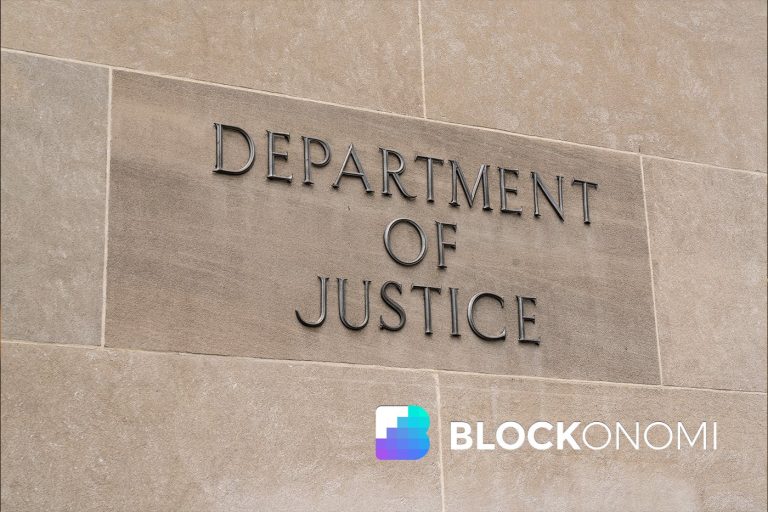
Understanding the “No Gain, No Loss” Approach to DeFi Taxation
The UK government has taken significant strides to revolutionize how decentralized finance (DeFi) transactions are taxed within its borders. On Wednesday, HM Revenue and Customs (HMRC) introduced a new proposal aimed at simplifying tax obligations for crypto users actively engaged in DeFi.
Traditionally, the UK’s tax framework imposed capital gains charges even when users merely deposited their crypto assets into lending or liquidity protocols. Depending on the transaction type, these charges historically ranged from 18% to 32%, potentially discouraging participation in DeFi platforms. However, the newly proposed approach, termed as “no gain, no loss,” aims to defer tax liabilities until tokens are ultimately sold or redeemed.
Scope of the New Framework
Under the proposed system, users no longer face immediate tax liabilities upon depositing crypto into lending protocols, liquidity pools, or automated market makers. Tax obligations would only come into effect when the contributed tokens are exchanged or withdrawn.
The framework specifically covers scenarios where users lend tokens and later retrieve the same type of token, as well as liquidity pool deposits. Taxable gains or losses will be determined based on the value difference between the tokens initially contributed and those ultimately received during redemption.
Implications for Individuals and Businesses
Major players in the blockchain ecosystem, such as Binance, Aave, and venture capital firm a16z, have welcomed HMRC’s initiative. Aave CEO Stani Kulechov has described the proposal as a “major win for UK DeFi users,” while Maria Riivari, a legal expert at Aave, highlighted how the change brings much-needed clarity to previously ambiguous tax requirements. For crypto enthusiasts, this development could significantly lower administrative burdens, making DeFi participation a more accessible and straightforward process.
Industry Feedback and Challenges
During HMRC’s consultation period, the agency received over 32 formal responses from diverse stakeholders, including individuals, businesses, tax professionals, and trade organizations. Most were in favor of the no gain, no loss approach, praising its alignment with the economic realities of DeFi operations.
However, some industry stakeholders raised concerns. The ongoing need to report a high volume of transactions and the tax treatment of complex multi-token arrangements remain potential hurdles for effective implementation. For instance, taxable events such as purchasing Ethereum (ETH), converting it to Wrapped Ethereum (WETH), or liquidating gains from DeFi activity will still persist.
Next Steps for HMRC and the UK
Despite widespread support, this proposal is still under review. HMRC continues to engage with crypto stakeholders to refine and adapt the legislative framework before it becomes law. Additionally, the agency is collaborating with software providers to streamline user reporting processes, ensuring compliance remains manageable for retail and institutional users alike.
While no official timeline has been announced for these changes, this bold move underscores the UK’s intention to remain a competitive and progressive hub in the global cryptocurrency landscape.
Leveraging Tax Tools for Crypto Asset Management
As tax obligations for crypto transactions evolve, managing DeFi-related assets effectively is more crucial than ever. Tools like TokenTax and Koinly offer comprehensive solutions to help track, calculate, and report crypto taxes. Platforms like these can save hours of manual computation and keep investors compliant with emerging regulations.



